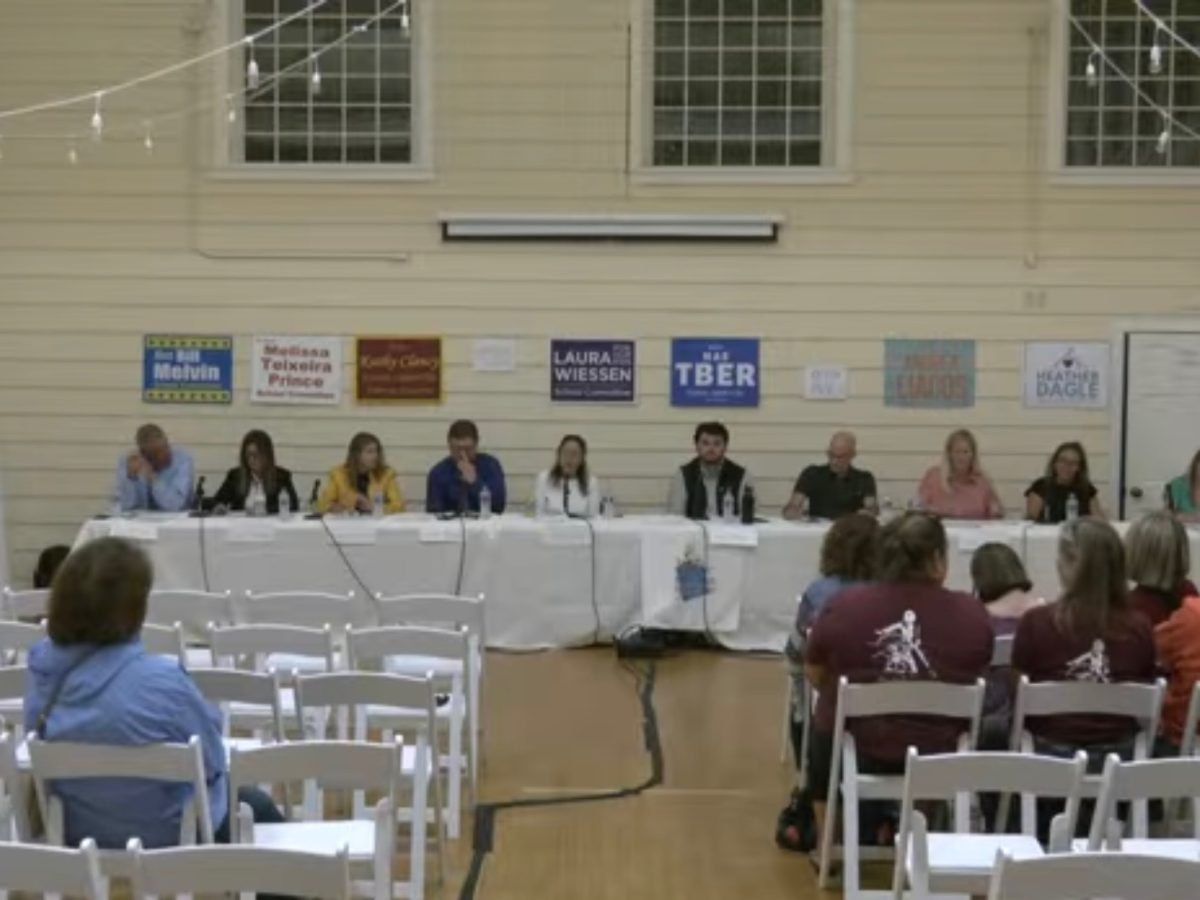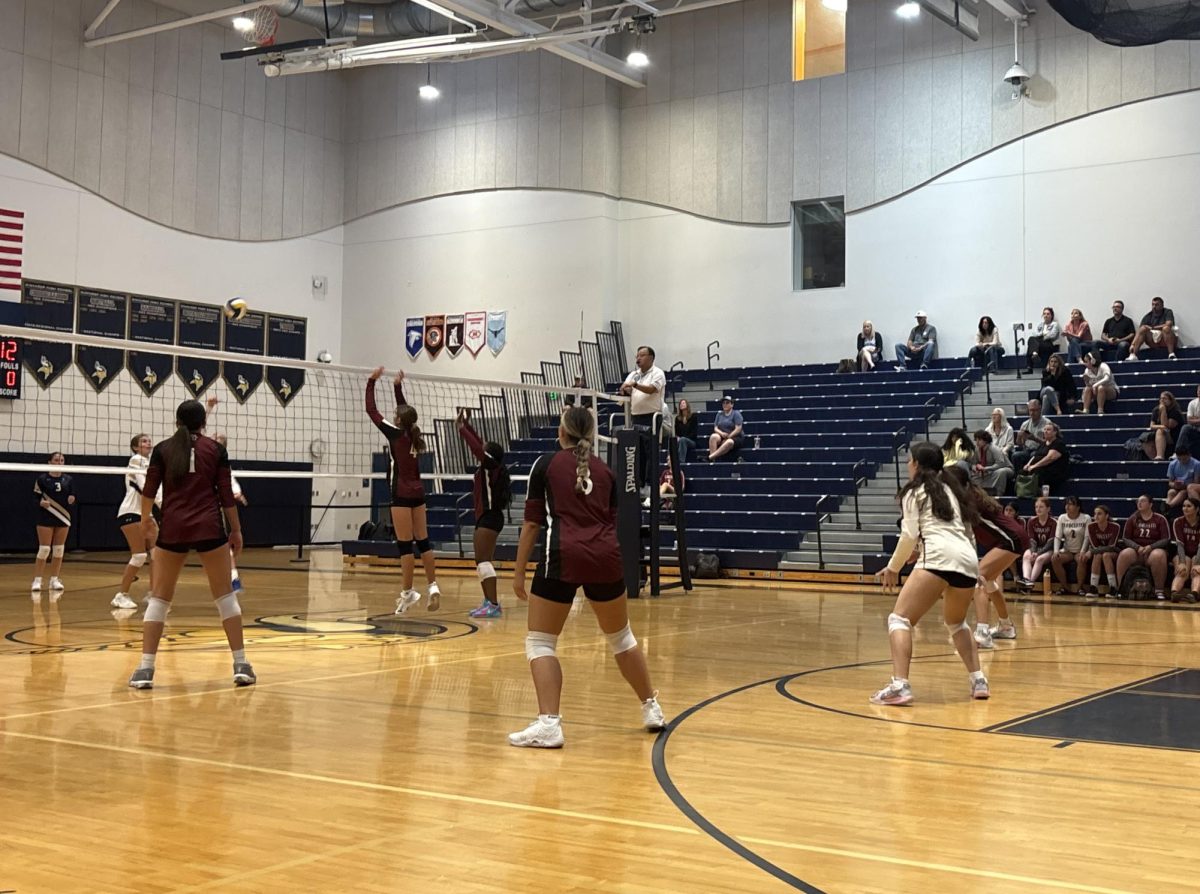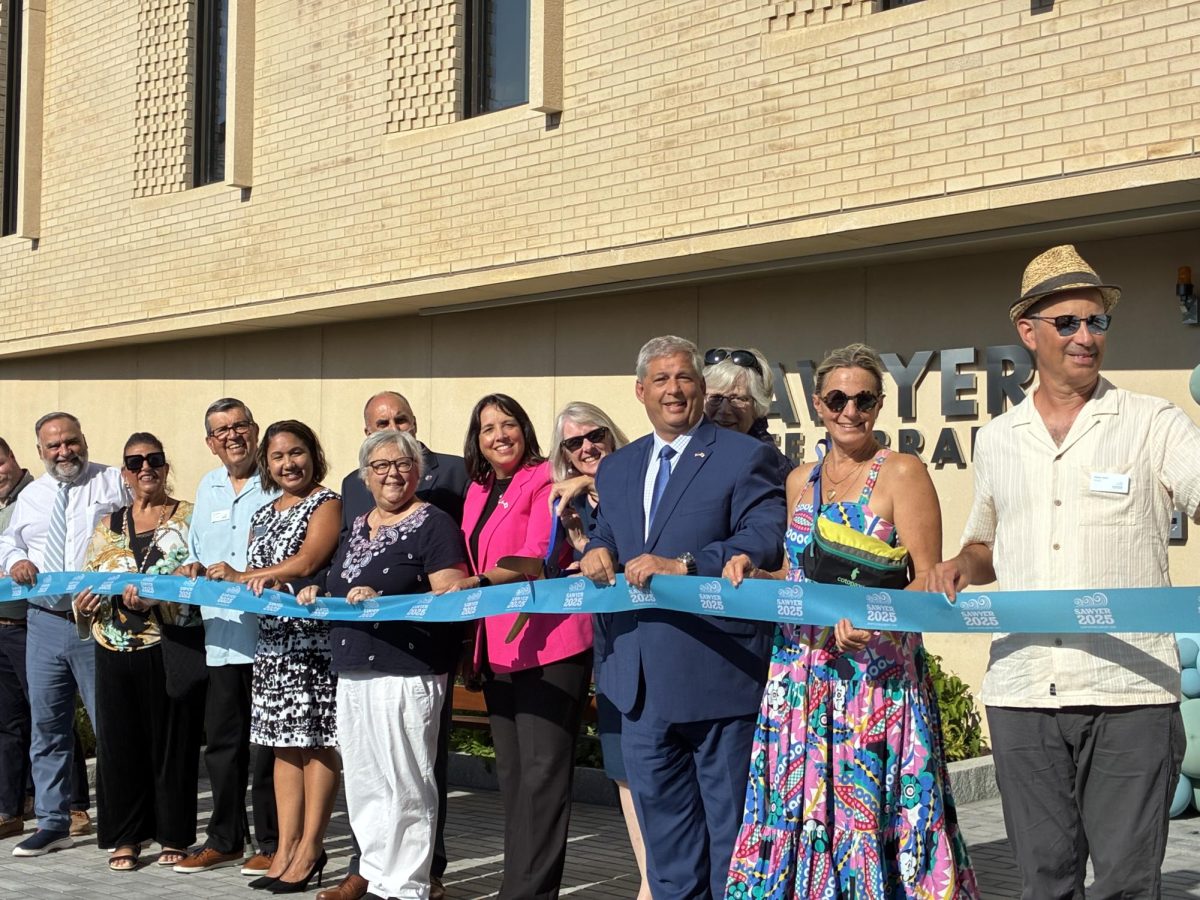On September 29th, the Gloucester School Committee held a debate at the Magnolia Library to learn about the committee’s new candidates.
Of the ten candidates, six of them – Melissa Joy Texiera Prince, Laura Weissen, Kathy Clancy, Bill Melvin, Keith Mineo, and Jeremy McKeen – are running for reelection.
This year’s four new candidates – Nas Tber, Brianna Hodgkins, Heather Dagel, and Andrea Liacos – come from various career backgrounds including teaching, marketing, and more. Three of the four new candidates, Tber, Dagel and Liacos, have been endorsed by the Union of Gloucester Educators
Despite the varying careers and experiences, each candidate has some link to the Gloucester Public School District that has inspired their campaign.
“I have a granddaughter who is a junior in high school and my driving force for wanting to be involved in improving education in GPS,” Prince said during the debate. “While I was in law school my studies focused on juvenile law and first amendment rights – I learned to be a very strong advocate. As a school committee member I feel it’s my responsibility to be a conduit between families and the school system.”
To open the debate, candidates discussed the implications of and potential solutions to the district’s test scores which are lower compared to neighboring districts in Rockport and Manchester.
“Through the negotiations we formed a joint working group with educators and administration and a school committee person as well as family members and community members because this problem is bigger than just the teachers in the classroom,” Clancy said. “This is about community valuing education, getting our kids to school, having them attend on a regular basis and understand the importance but also the joy of learning.”
Each candidate emphasized the importance of certain resources in the GPS, however these focuses differed by candidate. For Liacos, this specific interest was in strengthening the Tier 2 intervention services in the district. These services would be used to support students who require additional help beyond the Tier 1 level. Such services may help smaller groups of students advance their social skills, academics, time management, and more.
“It doesn’t matter how many resources you put into a classroom if you are constantly pulling an educator out,” Liacos said. “You cannot operate with fidelity if you do not honor the time and the people in the room.”
Additionally, Liacos aims to protect and strengthen the art programs – which were at risk of being cut in April of 2024 as a result of budget cuts.
The budget was another focal point of the debate, and current committee members were asked what they would have done differently when GPS teachers went on strike nearly a year ago in November.
“One thing I have been thinking about is this idea that there was a lack of respect, and to me that comes down to better communication,” Clancy said. “One of the things that helped during the strike was smaller group conversations.”
“I sat on that team with people who have taught my kids, who I respect, who I treasure, who I see at school because I volunteer in buildings all the time,” Weissen said. “There were good relationships in those rooms, but when the communication goes on to Facebook and when the communication starts making one side an enemy of another side, it’s very hard to get into who are the actual people doing the work?”
Another concern in regards to the budget, is that if less staff can be hired, then schools will have to change how they address dysregulated students. In response, Melvin pointed out that while the committee can implement policies for administrators to use, they are not in charge of how each school day operates.
“We had a situation at O’Maley this year where we had a couple of community meetings,” Melvin said. “We came together and it was clear to me that we needed to, as a school committee, review our policies and procedures to give administrators and teachers the tools they needed to deal with deregulated students.”
To close the debate, candidates responded to a question posed by a student from the district. In their question, the student raised concerns about vaping and drug usage within the schools and what the school committee can do to address the possibility of addiction.
Although candidates plan to approach the issue in various ways, many agree that in order to combat the problem, students must be educated on the matter.
“I think that again it’s giving funding to drug education to the students and having maybe some of the teachers that the kids look up to to help educate them on what the issues are in starting these drugs or making it more of a cool thing for the kids not to do it,” Dagel said.
The debate can be watched via the YouTube link on the Magnolia Library’s FaceBook page.











![The GHS/MERHS senior cross country runners pose together on Senior Night. [Photo courtesy of Manchester-Essex Athletics]](https://thegillnetter.com/wp-content/uploads/2025/10/Screenshot-2025-10-10-at-11.18.29-AM.png)



















